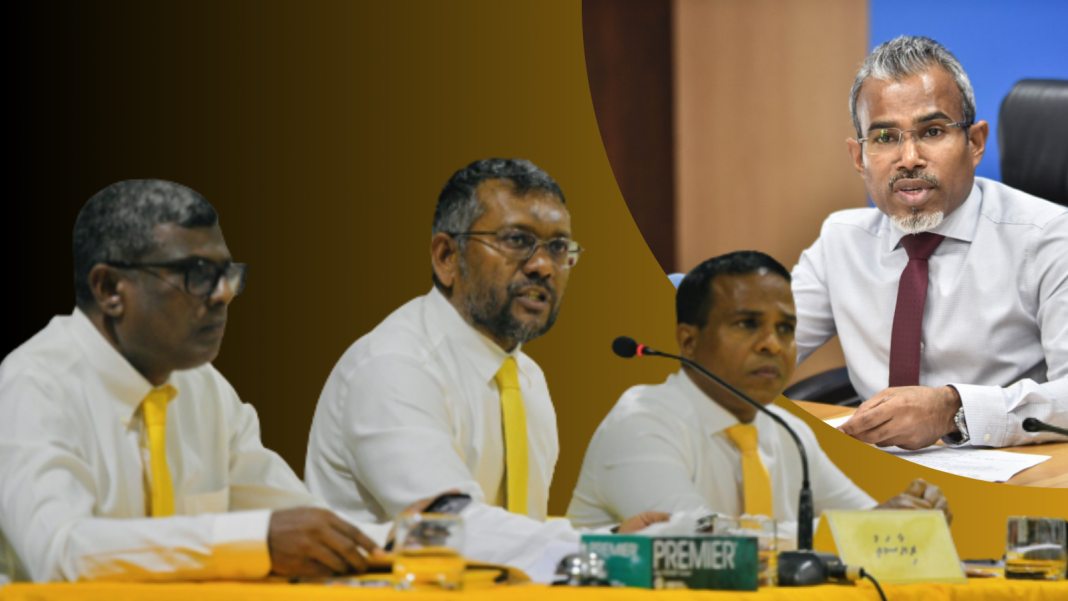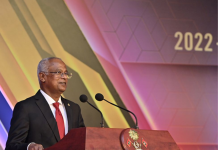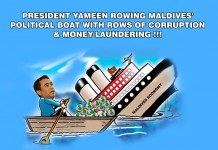Maldivian Democratic Party (MDP) expressed its support for Attorney General Ibrahim Riffath, stating that he had carried out his duties responsibly in the demarcation of the contentious maritime region between Maldives and Mauritius. The party declared that there were no valid reasons to pursue a no-confidence motion against him.
The dispute over the maritime territory had led to dissatisfaction among some factions, including Speaker Mohamed Nasheed’s Fikuregge Dhirun faction, as well as the opposition Progressive Party of Maldives (PPM), Jumhoory Party (JP), and Maldives National Party (MNP). These groups submitted a no-confidence motion against Riffath on the same day.
In response to the motion, the MDP released a statement commending Riffath for his responsible efforts in safeguarding the interests of Maldives regarding an issue that previous administrations had neglected. They believed that Riffath had consistently prioritized the nation’s well-being and upheld the principles of the law throughout his decision-making process.
MDP firmly stated that they found no grounds to question Riffath’s performance in fulfilling his responsibilities and viewed the submission of the no-confidence motion as an irresponsible act. They warned that they would take action against MPs who collaborated with the opposition in contravention of the party’s constitution and parliamentary group regulations.
The MDP accused the opposition alliance of attempting to incite discontent against the government and disrupt the peace and stability of the nation for personal political gain. They regarded the motion as a conspiracy, alleging that it was filed after the PPM-PNC coalition’s successive protests failed to achieve their objectives.
On the other hand, the opposition alliance contended that the government had failed to act in the best interests of Maldives in the case. As a result, they lodged a no-confidence motion against Attorney General Ibrahim Riffath. They argued that Maldives should have been awarded the entire disputed area, despite the fact that the Maldivian people had not previously exercised jurisdiction over the 95,563 square kilometers of disputed maritime territory between Maldives and Mauritius, as it had not been delimited.
Ultimately, the ruling by the International Tribunal on the Law of the Sea (ITLOS) granted Maldives 47,232 square kilometers of the disputed area, with Mauritius receiving 45,331 square kilometers.


















